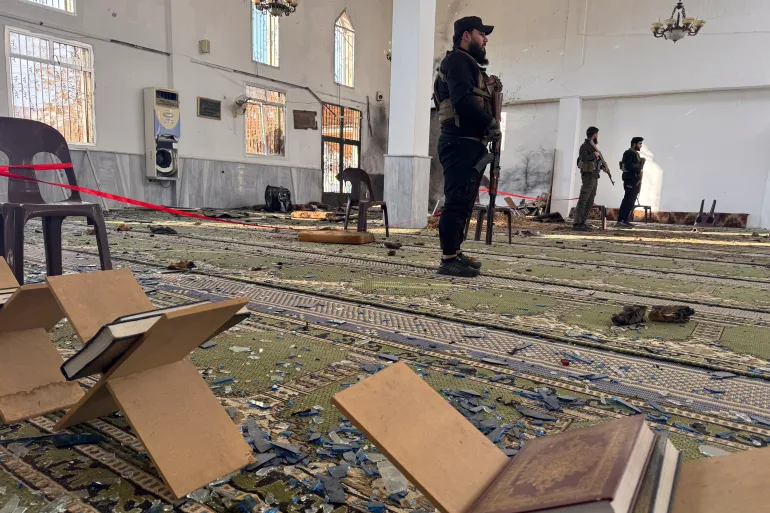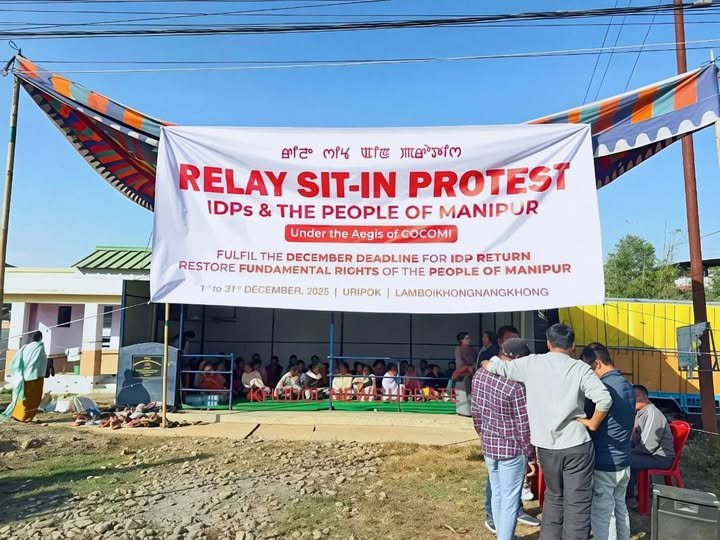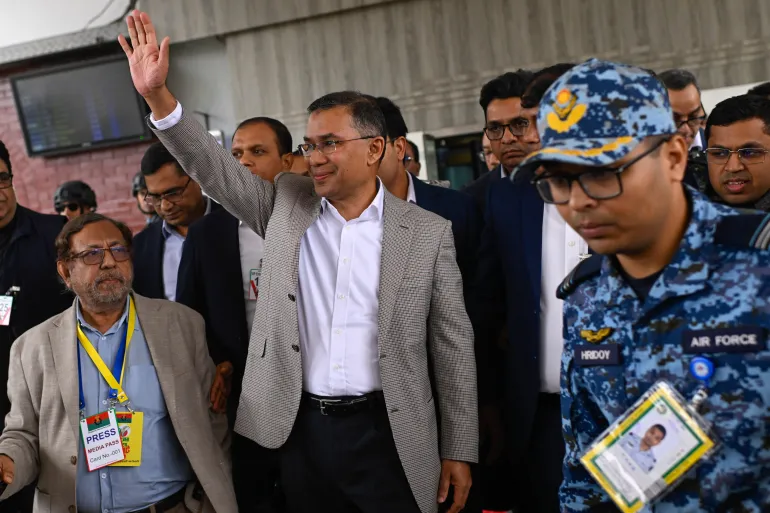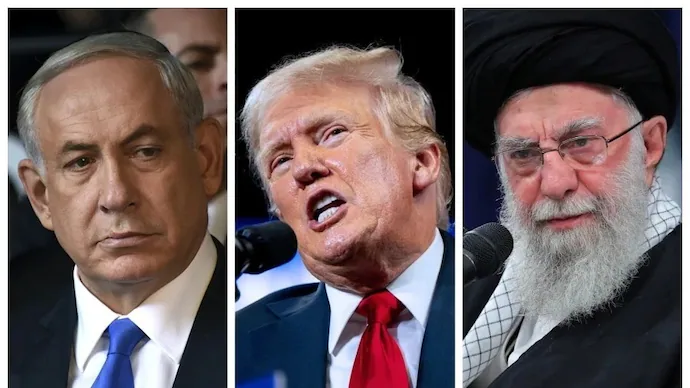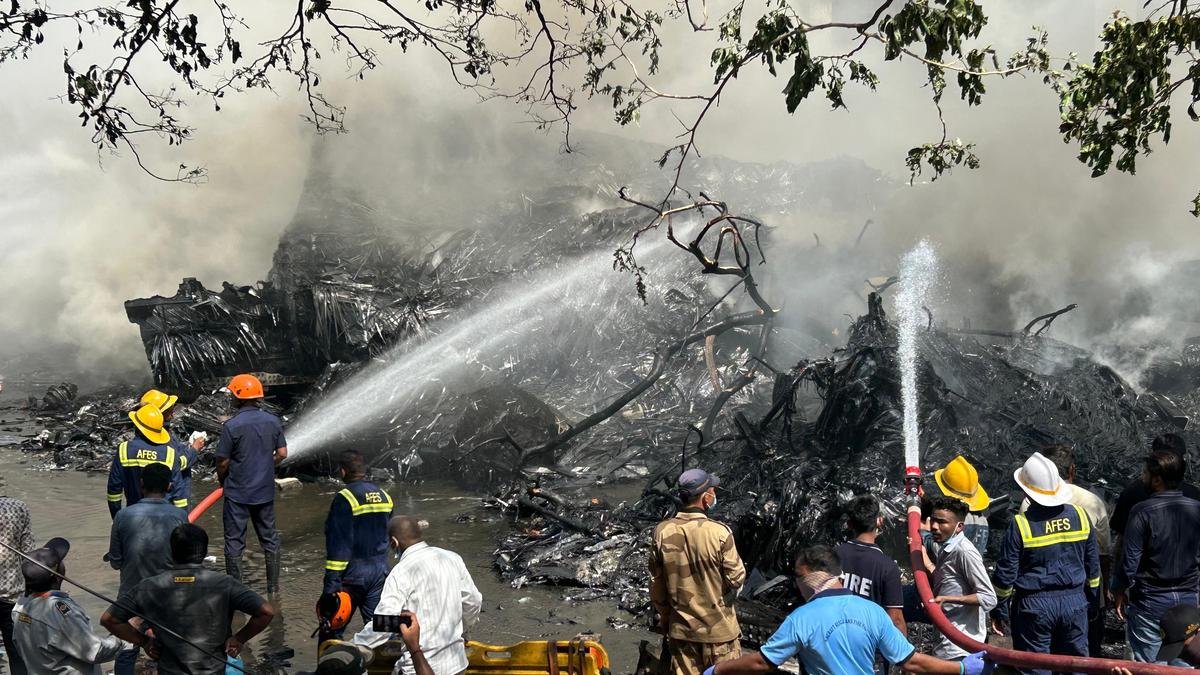Hamas Leaders Survive Israeli Assassination Attempt in Doha, But Casualties Deepen Regional Tensions
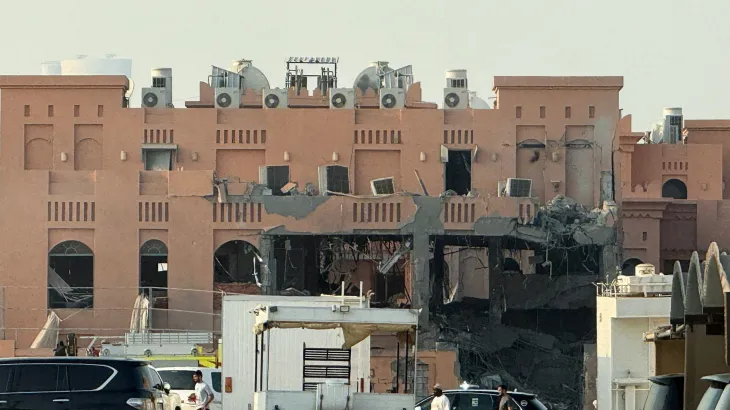
In a dramatic escalation of the Middle East conflict, Hamas leaders narrowly survived an Israeli airstrike in the Qatari capital of Doha, in what the group has described as a “cowardly assassination attempt.” While the top leadership escaped unharmed, the attack killed six people, including the son of senior Hamas figure Khalil al-Hayya, his close aide, and a Qatari security officer.
The strike, unprecedented in its reach into the Gulf state long viewed as a diplomatic mediator, has triggered widespread condemnation and raised fears of a broader regional confrontation.
Hamas official Suhail al-Hindi, speaking in a televised statement, accused Israel of deliberately targeting the political bureau in Doha to derail ongoing ceasefire negotiations. “This cowardly act will not break our resolve nor silence our cause,” al-Hindi declared. “The leadership stands united, despite the sacrifices.”
For Hamas, the loss of al-Hayya’s son and other aides represents both a personal and organizational blow, yet the survival of senior leaders signals that the group’s political command remains intact.
Israel has not publicly detailed the specific objectives of the strike but has repeatedly defended such operations as essential to “neutralizing terrorist leadership.” Prime Minister Benjamin Netanyahu acknowledged Israel’s responsibility, framing it as part of a broader campaign to weaken Hamas’s global networks.
Qatar’s Foreign Ministry issued a strongly worded statement, denouncing the strike as a “grave violation of international law and Qatar’s sovereignty.” The Gulf nation, which has hosted Hamas’s exiled leadership for years, has also played a key role in mediation between Israel and Palestinian factions.
By extending its military operations into Doha, Israel risks straining ties not only with Qatar but also with other states in the region that view Qatar as a diplomatic bridge. Analysts warn this could undermine fragile negotiations and inflame already high tensions across the Middle East.
The attack has drawn swift global reactions. Human rights organizations criticized Israel’s widening military scope, while several governments expressed concern over the strike’s implications for peace and security in the Gulf.
Diplomatic observers point out that this assault marks a significant departure from Israel’s traditional operational boundaries, which had previously focused on Gaza, Lebanon, and occasionally Syria. Striking within Qatar home to Western military bases and a key U.S. ally could complicate international alliances and fuel further instability.
The assassination attempt comes amid already volatile conditions: escalating clashes in Gaza, cross-border tensions in Lebanon, and mounting pressure on regional powers to broker a ceasefire. Hamas leaders have vowed that the attack in Doha will not deter their movement but will instead “strengthen the resolve of the Palestinian people.”
Qatar, meanwhile, faces an acute diplomatic test balancing its role as a mediator with the need to safeguard its own security and sovereignty.
The survival of Hamas’s leadership may deny Israel its immediate objective, but the strike in Doha has introduced a new and dangerous dimension to the conflict. It has transformed Qatar from a mediator to a battleground, threatened regional diplomacy, and intensified global concerns about the trajectory of the war.
As the dust settles in Doha, the central question remains: will this strike mark a turning point toward greater escalation, or galvanize international efforts to pull the region back from the brink?
The strike, unprecedented in its reach into the Gulf state long viewed as a diplomatic mediator, has triggered widespread condemnation and raised fears of a broader regional confrontation.
Hamas official Suhail al-Hindi, speaking in a televised statement, accused Israel of deliberately targeting the political bureau in Doha to derail ongoing ceasefire negotiations. “This cowardly act will not break our resolve nor silence our cause,” al-Hindi declared. “The leadership stands united, despite the sacrifices.”
For Hamas, the loss of al-Hayya’s son and other aides represents both a personal and organizational blow, yet the survival of senior leaders signals that the group’s political command remains intact.
Israel has not publicly detailed the specific objectives of the strike but has repeatedly defended such operations as essential to “neutralizing terrorist leadership.” Prime Minister Benjamin Netanyahu acknowledged Israel’s responsibility, framing it as part of a broader campaign to weaken Hamas’s global networks.
Qatar’s Foreign Ministry issued a strongly worded statement, denouncing the strike as a “grave violation of international law and Qatar’s sovereignty.” The Gulf nation, which has hosted Hamas’s exiled leadership for years, has also played a key role in mediation between Israel and Palestinian factions.
By extending its military operations into Doha, Israel risks straining ties not only with Qatar but also with other states in the region that view Qatar as a diplomatic bridge. Analysts warn this could undermine fragile negotiations and inflame already high tensions across the Middle East.
The attack has drawn swift global reactions. Human rights organizations criticized Israel’s widening military scope, while several governments expressed concern over the strike’s implications for peace and security in the Gulf.
Diplomatic observers point out that this assault marks a significant departure from Israel’s traditional operational boundaries, which had previously focused on Gaza, Lebanon, and occasionally Syria. Striking within Qatar home to Western military bases and a key U.S. ally could complicate international alliances and fuel further instability.
The assassination attempt comes amid already volatile conditions: escalating clashes in Gaza, cross-border tensions in Lebanon, and mounting pressure on regional powers to broker a ceasefire. Hamas leaders have vowed that the attack in Doha will not deter their movement but will instead “strengthen the resolve of the Palestinian people.”
Qatar, meanwhile, faces an acute diplomatic test balancing its role as a mediator with the need to safeguard its own security and sovereignty.
The survival of Hamas’s leadership may deny Israel its immediate objective, but the strike in Doha has introduced a new and dangerous dimension to the conflict. It has transformed Qatar from a mediator to a battleground, threatened regional diplomacy, and intensified global concerns about the trajectory of the war.
As the dust settles in Doha, the central question remains: will this strike mark a turning point toward greater escalation, or galvanize international efforts to pull the region back from the brink?
